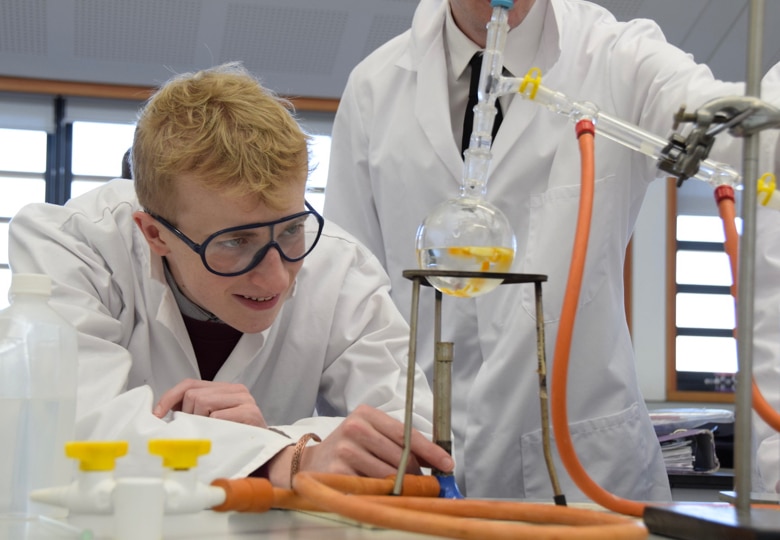Mentorship Programme
James-Lee’s elite mentorship programme is only for the brightest and most talented students. Students must sit an interview and exam to gauge if they are right for the programme. Successful candidates must prove they have the potential to achieve success in their academic field and have the personality to match.
Places are limited to an annual intake of 20 applicants per academic year.
Bespoke Services
Successful candidates will work directly with Irene Lee as she oversees and guides their academic journey. She will support her elite mentorship students with academic support and regular communication, also with direct access to Irene. There will be weekly catch-ups and Irene and her team will deal with all academic issues as they arise.
We help with GCSEs / A-levels preparation, personal statements, selecting schools and universities, improving personal interviewing skills, and even allocating internships for career development.






Tailor-made British entrance examination tuition courses for you
Tutoring offers individualised learning experience
to strengthen the student’s aptitude
Online Tuition
Tailor-made British entrance examination tuition courses for you
1:1 Tutoring offers individualised learning experience to strengthen the student’s aptitude and subject-specific knowledge comprehension.
Private tuitions are helpful to cater the student’s academic progress, learning styles, and emotional-social needs in knowledge acquisition.
How it works
- Identify learning needs and appropriate support from the feedback gathered from parents’ evening and report
- Recognise the student’s weaknesses and struggles in a particular subject or area
- Set achievable goals by formulating future study destination with matching academic prerequisites
- Analyse how many hours and what specific area of tutoring are needed to achieve the short-term or long-term objectives
- Propose relevant tutoring plans matching with suitable tutors
- Consider if added-value service such as academic mentoring or Oxbridge mentoring are needed